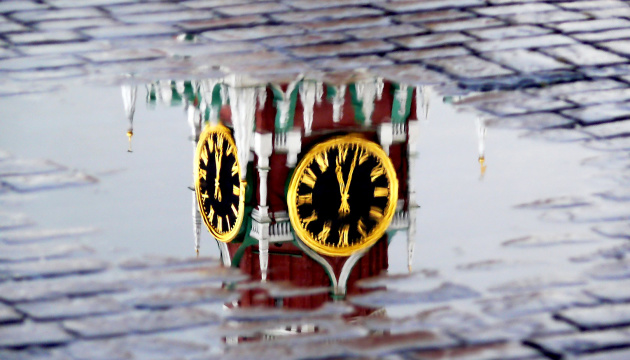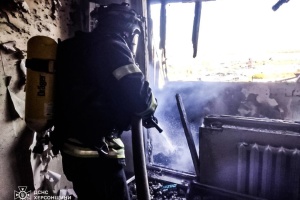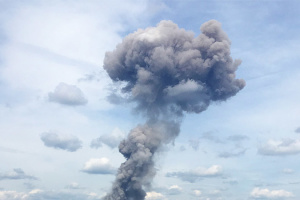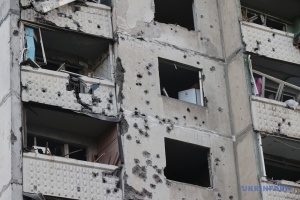
Kremlin uses mythos of Second World War to justify protracted invasion of Ukraine – ISW
The relevant statement was made by the Institute for the Study of War (ISW), an Ukrinform correspondent reports.
“The Kremlin’s effort to use the mythos of the Great Patriotic War (Second World War) to prepare the Russian public for a long war in Ukraine is at odds with Russia’s current level of mobilization and Russian President Vladimir Putin’s rhetorical attempts to reassure Russians that the war will not have lasting domestic impacts,” the report states.
The analysts mentioned that Russian outlet Fontanka had published an interview with Russia’s State Duma Defense Committee Chairman Andrei Kartapolov on January 9 wherein Kartapolov stated that even in the “victorious years of 1944 to 1945” the Soviet forces faced difficulties, prompting the interviewer to ask Kartapolov if Russia was now figuratively in 1944-1945 (i.e. nearing the end of the war in Ukraine).
Kartapolov attempted to expand the erroneous analogy between the Soviets’ fight against Nazi Germany and Russia’s unprovoked invasion of Ukraine by claiming that Russia is currently figuratively somewhere in December 1943 and moving into 1944.
The Soviet military launched a series of successful offensive operations following its defensive victory at the battle of Kursk in July 1943 and by December 1943 had reached the banks of the Dnipro River and Kyiv in Ukraine.
Kartapolov explained his logic by claiming that Ukrainian forces failed in the summer 2023 counteroffensive in the Zaporizhzhia region in a way similar to Nazi Germany’s losses in battles in 1943.
According to the ISW, Kartapolov’s analogy makes little sense, particularly given the fact that the Russian forces have not gained notable ground in recent months as the Soviet forces did in the months before December 1943.
The interviewer asked Kartapolov if his analogy suggests that Russia’s war in Ukraine will end in 2024, forcing Kartapolov to admit that Russia’s war in Ukraine and the Second World War cannot be literally compared.
Kartapolov nevertheless continued to use allusions to the Second World War to claim that the Russian military would continue the war in Ukraine until it installed a “banner over the Reichstag” (i.e. complete victory in Ukraine that achieves all of Putin’s maximalist objectives).
The analysts believe that the above prominently highlights the disconnect between Russian force generation efforts and efforts to gradually mobilize Russia’s defense industrial base (DIB) and the Kremlin’s routine rhetorical reliance on the mythos of the Great Patriotic War.
Kremlin rhetoric casting Russia’s unprovoked invasion of Ukraine as a long total war for national survival also undermines Putin’s efforts to reassure Russians about the domestic impacts of the war and assuage discontent about the Russian state’s expectations for Russian service.
“Constant Kremlin allusions to World War II are meant in part to create the entirely false impression that Russia today can sweep aside its enemies relying on mass and weight of overwhelming manpower and materiel as the Red Army supposedly did to Nazi Germany,” the ISW concluded.




